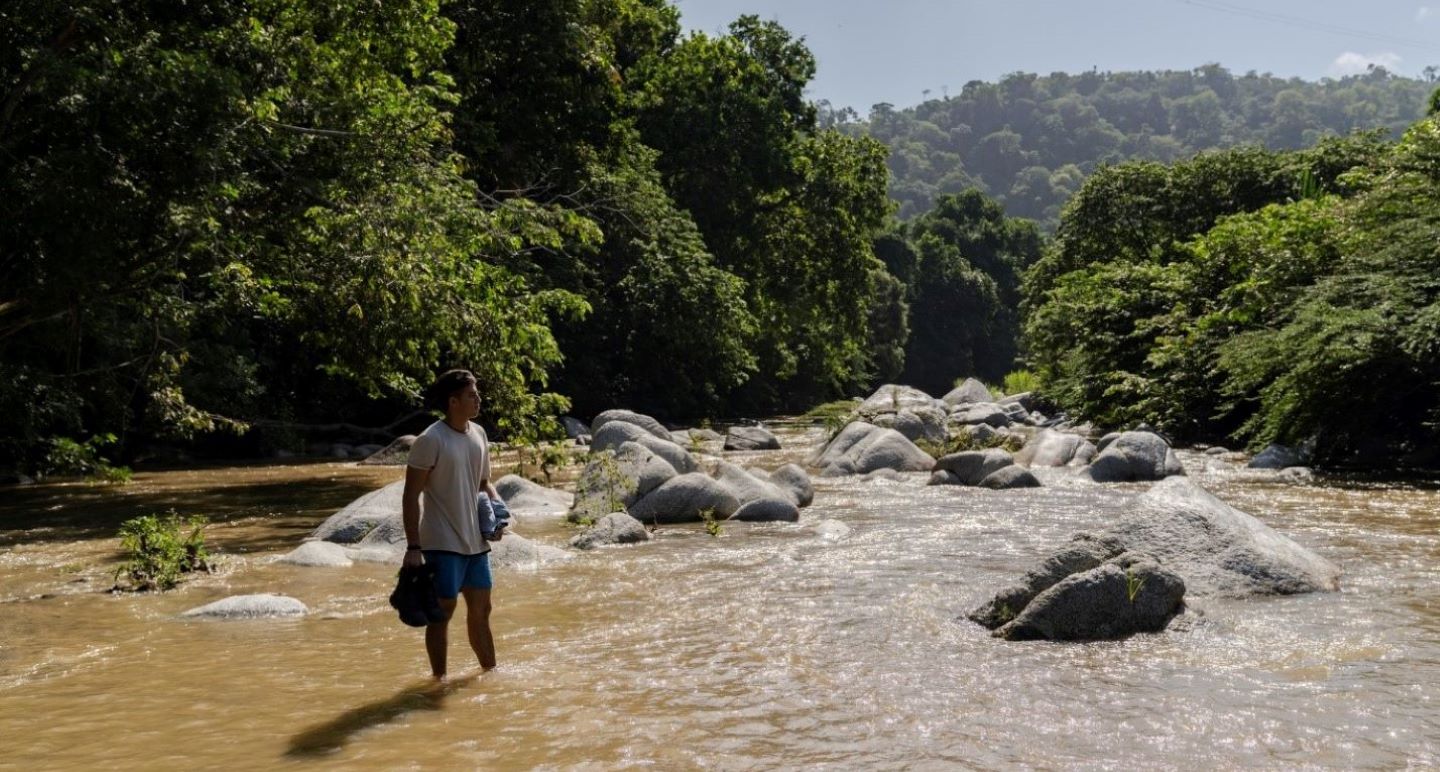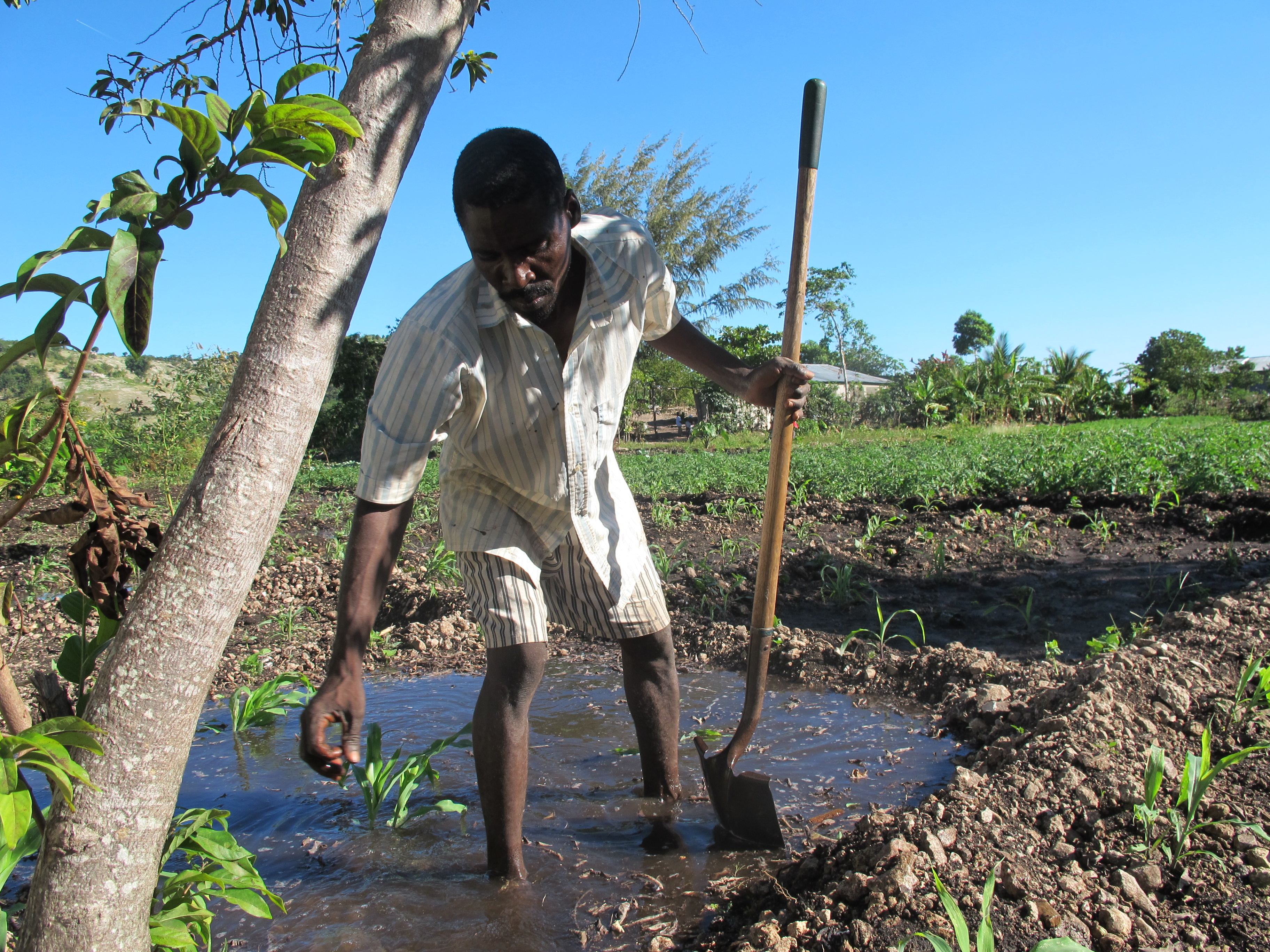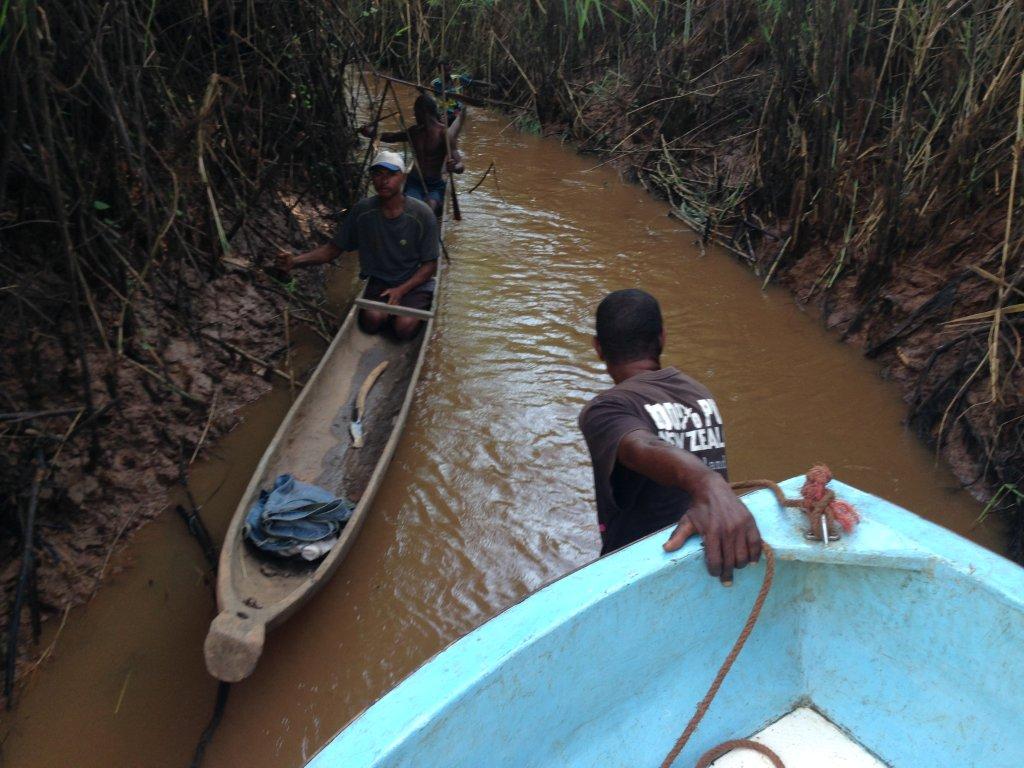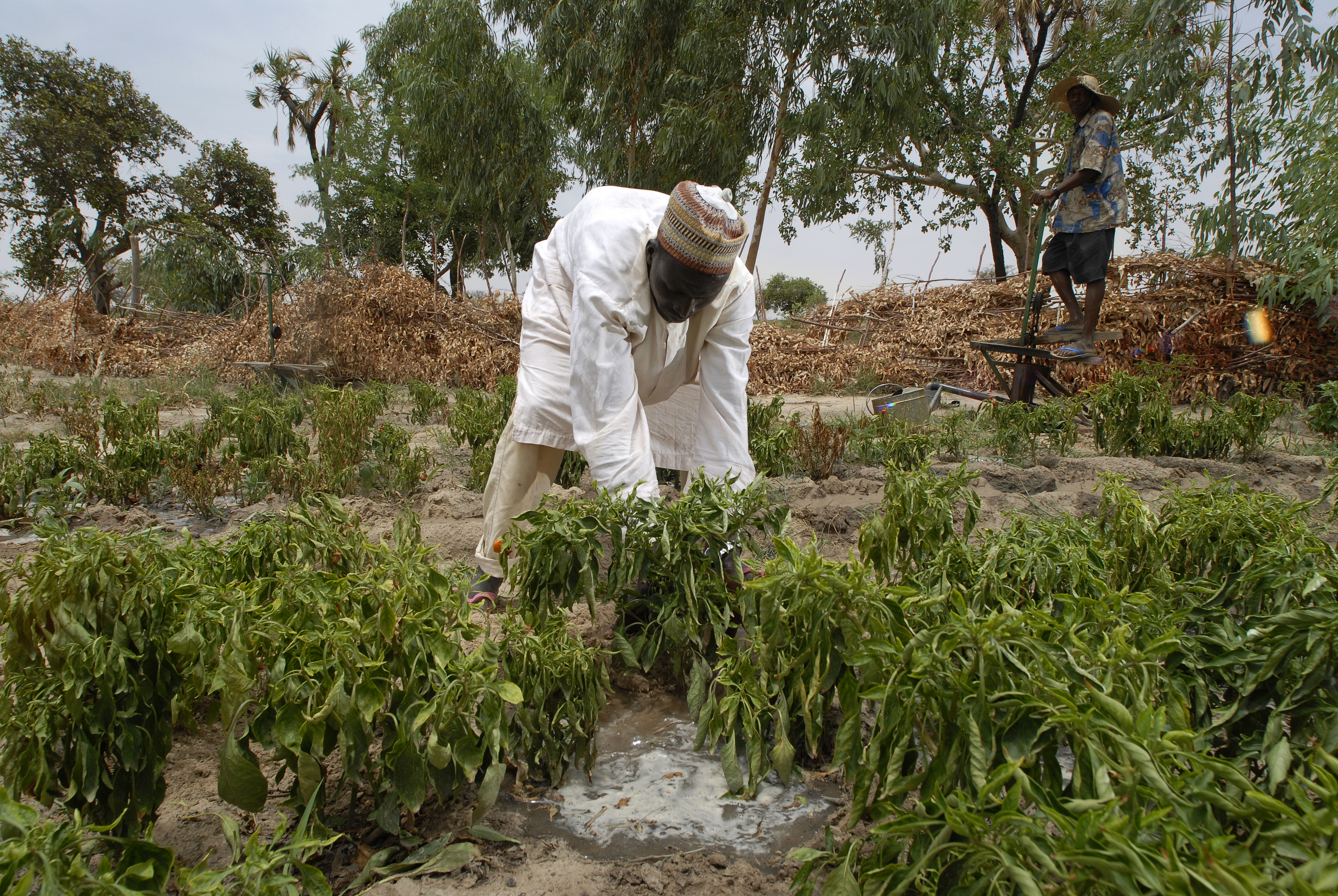Water
Water - banner
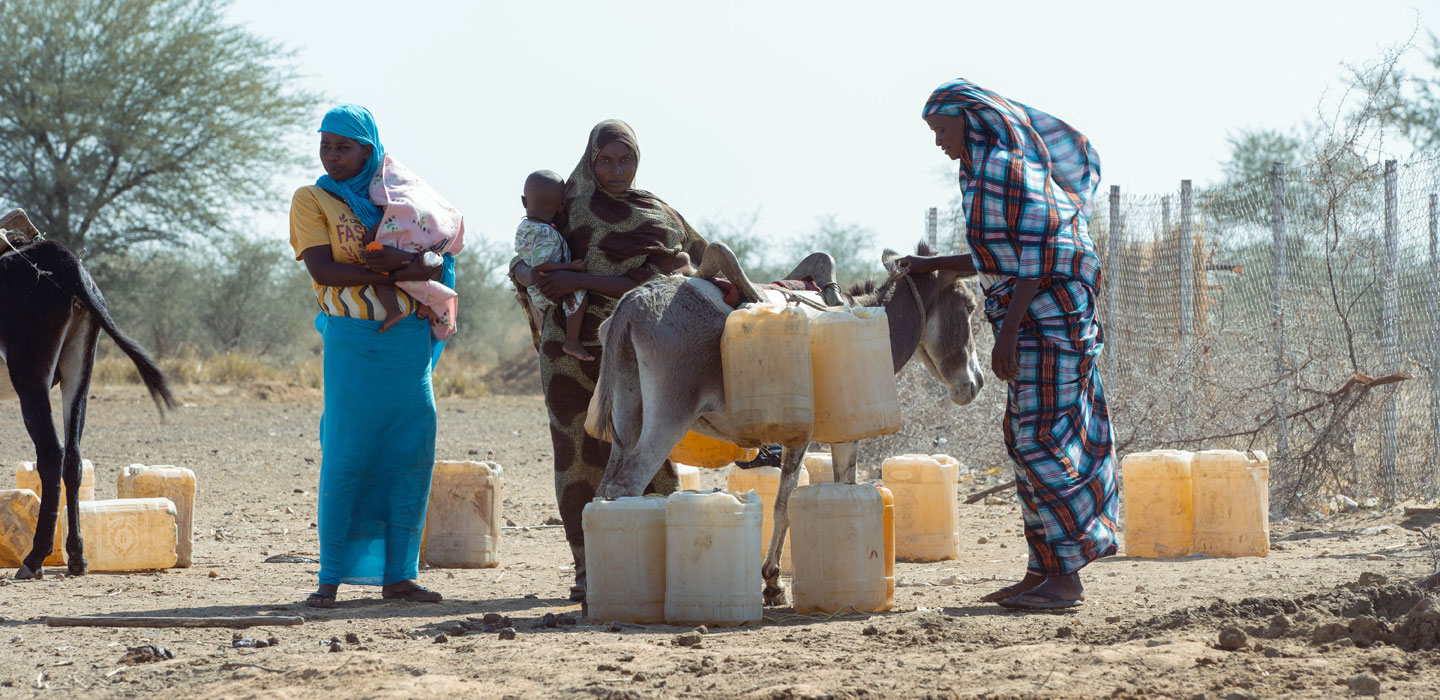
Water
Water
Water is the world’s most precious resource. All living things on our planet rely on water to survive. Yet it is a resource at risk.
Right now, 1.1 billion people lack access to water. By 2025, two in three people may face water shortages.
Growing populations and unsustainable resource management increase water stress on rural communities, while climate change worsens flooding, landslides, and saltwater intrusion into freshwater systems.
How can rural people’s water security be improved?
Investing in policies and local institutions can result in better management and allocation of land and water resources, giving groups equal access and usage rights.
Infrastructure and technology can increase water availability and the efficient use of water. Many countries rely on large irrigation schemes, which are often unsustainable and have infrastructure that is difficult to develop and maintain. Instead, small irrigation schemes are effective when carefully planned.
Conserving catchment areas and aquifers also improves sustainable access to water for the rural poor.
What is IFAD doing?
By working closely with rural communities, traders, retailers, and local governments, IFAD is helping to improve the allocation and management of water resources.
IFAD invests in water infrastructure and technology for small-scale irrigation schemes, post-harvesting handling and processing, and domestic water supply.
By advocating for an integrated and participatory approach to water resource management, IFAD empowers poor rural people to participate in managing the resources on which they depend.
Spotlight
Spotlight
See how water and peace go hand in hand
Peace and water are inextricably intertwined. That’s why sustainable rural development can help reduce conflict in communities – and why water is often the crucial element that can make the difference.
Projects
Experts
Asset Publisher

Stories and news
Stories and news
See how water and peace go hand in hand
Peace and water are inextricably intertwined. That’s why sustainable rural development can help reduce conflict in communities – and why water is often the crucial element that can make the difference.
Prosperity or the planet? Luckily, they're not mutually exclusive
All too often, value chain development harms the planet by emitting carbon and degrading environments. That’s why to build truly prosperous rural areas, we must make value chains not just strong, but sustainable.
Sophie Grigson on how diversifying crops in Malawi cultivates sustainability and resilience
IFAD Recipes for Change chef Sophie Grigson travelled to Malawi to meet local small-scale farmers who are fighting back against climate change by diversifying their crops.
Recipes for Change: Nsima with chicken casserole and khobwe balls
Learn how to make a delicious and sustainable Malawian meal with these recipes collected from rural communities by Chef Sophie Grigson.
Water View more link
Related publications
Related publications
Handbook for Scaling Irrigation Systems
Handbook for Scaling Irrigation Systems is a joint publication between IFAD and IFC on how to develop and scale innovative solutions to improve the livelihoods of smallholder farmers and increase crop productivity.
Research Series 81: Food and water systems in semi-arid regions – case study: Egypt
This paper explores the role of water in Egypt’s food system and the dilemma the country faces: raise food self-sufficiency by allocating freshwater resources from the Nile to food production, or rely on food imports from water-abundant regions worldwide.
Water harvesting systems for smallholder producers, tips for selection and design
This brief raises awareness about water harvesting systems and describes the design of water harvesting interventions. It aims to inform stakeholders on the assessment of water demand, water available for harvesting, and the selection of suitable water harvesting systems.
